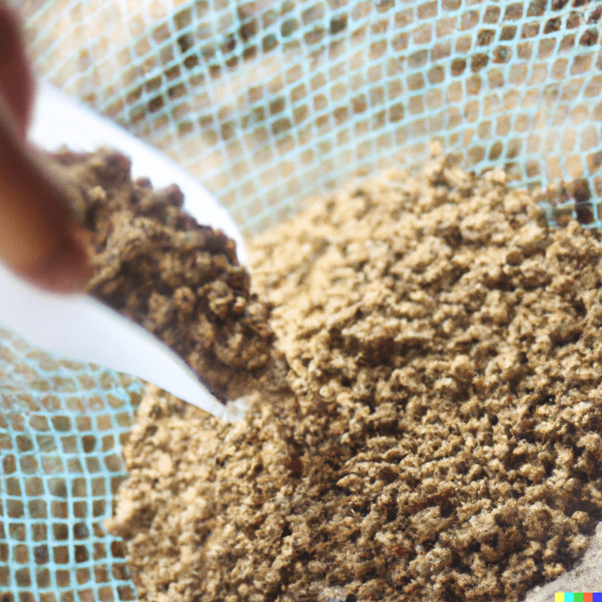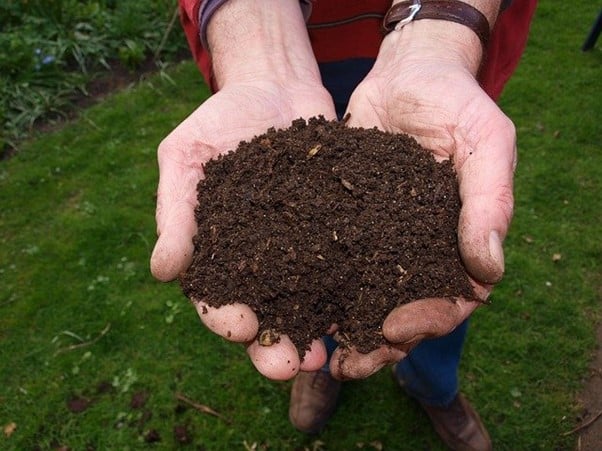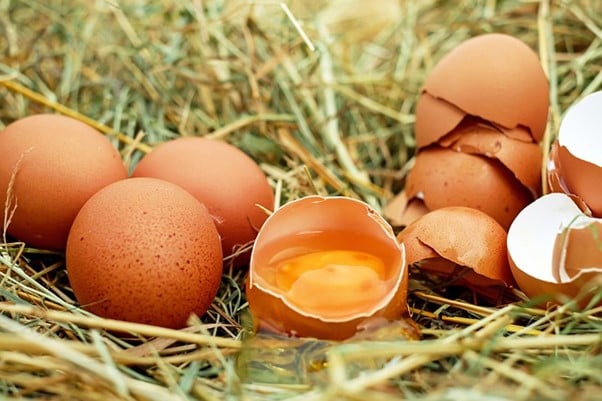8 Tips to Fertilise House Plants Organically

Key Takeaways
Organic Fertilisers provide a slow and steady release of nutrients, which is ideal for most houseplants.
Organic Fertilisers prevent the effects of chemical residues that are usually gotten from artificial Fertilisers.
Organic Fertilisers improve the quality of your houseplants’ flowers.
Organic Fertilisers encourage your houseplants to produce more fruit or vegetables.
Kitchen scraps serve as effective organic Fertilisers.
Benefits Of Organic Fertilisers for Houseplants
Organic Fertilisers are beneficial for houseplants because they improve the quality of the soil, help the plants absorb nutrients more efficiently, and reduce the risk of harmful chemical build-ups in the soil.They improve the quality of the soil by adding essential nutrients and microbes that help the soil retain moisture and aeration. This results in a healthier root system and overall plant growth.Organic Fertilisers help the plants absorb nutrients more efficiently because the nutrients are in a more bioavailable form. That is, the plants can use them more effectively and reduce the amount of Fertiliser needed over time.Organic Fertilisers also reduce the risk of harmful chemical build-ups in the soil. This is because of the slow release into the soil and isn't subjected to the same leaching as synthetic Fertilisers.
Best Organic Fertilisers for Houseplants
There are many organic Fertilisers that can be used on houseplants, but some are better than others. Here are 8 of the best:
1. Fish emulsion
Fish emulsion is a great all-purpose Fertiliser that can be used on most houseplants. It is made from fish wastes and is high in nitrogen, which is essential for plant growth.

2. Compost
Compost is another excellent organic Fertiliser. It is made from decomposed organic matter and is rich in nutrients that are beneficial for plants.
You can speed up the process of composting, with a natural compost accelerator

3. Worm castings
Worm castings are an excellent organic Fertiliser for houseplants. They are rich in nutrients and help to improve the structure of the soil.
4. Blood meal
Blood meal is a high-nitrogen Fertiliser that is made from animal blood. It is a great Fertiliser for plants that are high in nitrogen.
5. Bone meal
Bone meal is a great organic Fertiliser for houseplants. It is made from animal bones and is rich in phosphorus, which is essential for plant growth.
6. Coffee grounds
Coffee grounds are a great way to Fertiliser houseplants. They are rich in nitrogen, which is an important nutrient for plants. Simply sprinkle coffee grounds around the base of your plants and water them as usual.
7. Banana peels
Banana Peels are another great way to Fertiliser houseplants. They are also rich in nitrogen, as well as other important nutrients like potassium and phosphorus. Simply place banana peels around the base of your plants and water them as usual.
8. Eggshells
Eggshells are a great source of calcium, which is an important nutrient for plants. Simply crush up some eggshells and sprinkle them around the base of your plants. You can also add them to your compost pile.

When And How Often Should You Fertiliser Your Houseplants?
It is important to Fertiliser your houseplants on a regular basis to keep them healthy and vibrant. However, over-Fertilising can be just as detrimental as not Fertilising at all. Here are a few tips on when and how often to Fertiliser your houseplants:
The best time to Fertiliser your plants is during the growing season, which is typically from spring to fall.
How often you need to Fertiliser your plants depend on the type of plant, the size of the plant, and the potting mix. A general rule of thumb is to Fertiliser every two to four weeks.
When applying Fertiliser, be sure to use the right amount. Too much Fertiliser can burn the roots of your plants.
Common Problems with Using Organic Fertilisers on Houseplants
Organic Fertilisers are a great way to give your houseplants the nutrients they need to thrive. However, there are a few common problems that can occur when using organic Fertilisers on houseplants.
Organic Fertilisers can sometimes be too powerful for delicate houseplants. If you use too much Fertiliser, or if the Fertiliser is too strong, it can burn the roots of your plants. Hence, causing the leaves to yellow or die.
Another problem that can occur with organic Fertilisers is that they can attract pests. If you use an organic Fertiliser that contains blood meal or bone meal, for example, you may attract rats or other rodents. These pests can damage your plants and spread disease.
Organic Fertilisers can sometimes be difficult to find. If you live in an area where there are no garden stores or nurseries, you may have to order organic Fertiliser online which might be expensive and time-consuming.
Organic Fertilisers aren't as concentrated as chemical Fertilisers, so you must use more of them to get the same effect.
Organic Fertilisers can take longer time to work than chemical Fertilisers.
Bonus Tips
Fertiliser your houseplants with organic Fertiliser to help them grow healthy and strong.
Research the kind of organic Fertiliser is best for your specific type of houseplant.
Monitor your houseplants closely after applying organic Fertiliser to make sure they are not over-Fertilised.
Frequently Asked Questions
What are some common organic Fertilisers for houseplants?
There are different types of organic Fertilisers that can be used for houseplants. Some common ones include compost, manure, bone meal, and blood meal.
How often should I Fertiliser my houseplants?
The frequency of Fertilising will depend on the type of Fertiliser you are using as well as the plant species. In general, it is best to Fertiliser every two to four weeks during the growing season.
What are the benefits of using organic Fertilisers?
Organic Fertilisers provide a slow and steady release of nutrients, which is ideal for most houseplants. They also help to improve the soil structure and promote beneficial microbial
activity.
Are there any downsides to using organic Fertilisers?
A potential downside of using organic Fertilisers is that they can be more expensive than synthetic Fertilisers. They may also require more frequent applications to be effective.
Can I use organic Fertilisers on all types of houseplants?
Yes, organic Fertilisers can be used on all types of houseplants. However, it is important to read the labels carefully to ensure that the Fertiliser is appropriate for the plant species.
Conclusion
The best Fertilisers to use for houseplants are organic Fertilisers. They work like artificial Fertilisers in providing the needed nutrients for your plant's growth and development.
Interestingly, some of your kitchen scraps give these nutrients and can serve as your organic Fertiliser. We've listed the benefits of the Fertilisers and how you can Fertiliser your plants organically above.